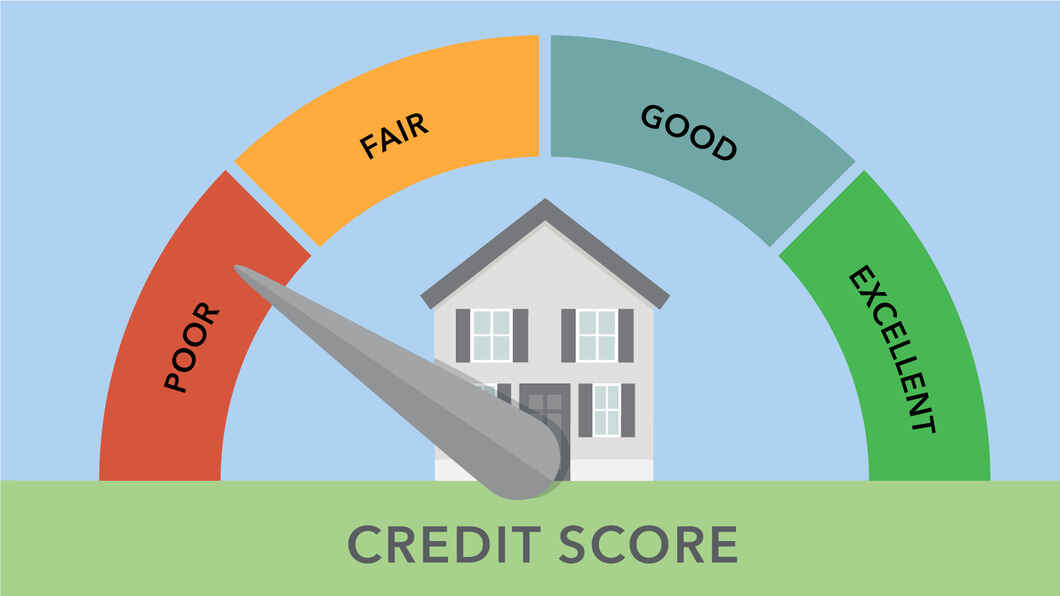Paytm Postpaid is a digital credit service offered by Paytm that allows users to make purchases and payments without paying upfront. Paytm Postpaid charges vary depending on the user’s creditworthiness and repayment history. Here’s what you need to know about Paytm Postpaid charges:
- Interest rate: Paytm Postpaid charges an interest rate of 2% per month, which is calculated on a daily reducing balance. The interest rate may vary based on the user’s creditworthiness and repayment history.
- Late payment charges: If you fail to pay your Paytm Postpaid bill on time, you’ll be charged a late payment fee of up to 3% of the outstanding amount.
- Overlimit charges: If you exceed your Paytm Postpaid credit limit, you’ll be charged an overlimit fee of up to 2% of the overlimit amount.
- GST: Goods and Services Tax (GST) of 18% is applicable on all Paytm Postpaid charges.
It’s important to note that Paytm Postpaid charges are subject to change based on Paytm’s discretion. It’s recommended to read and understand the terms and conditions of Paytm Postpaid before using the service to avoid any unexpected charges or fees. Additionally, responsible use of credit is recommended to maintain a healthy financial life.
How to avoid late payment charges in Paytm Postpaid?
Late payment charges can be avoided in Paytm Postpaid by ensuring timely payment of your outstanding bills. Here are a few tips to help you avoid late payment charges:
- Set up auto-pay: You can set up auto-pay for your Paytm Postpaid bills, which will automatically deduct the outstanding amount from your Paytm wallet or bank account on the due date. This ensures that you don’t miss any payments and avoid late payment charges.
- Set reminders: If you prefer not to set up auto-pay, you can set reminders on your phone or calendar to remind you of the payment due date. This will help you stay on top of your payments and avoid late payment charges.
- Keep track of your spending: It’s important to keep track of your spending on Paytm Postpaid to ensure that you have enough funds to pay your bills on time. You can monitor your spending through the Paytm app or website.
- Maintain sufficient balance: Ensure that you have sufficient balance in your Paytm wallet or bank account to pay your Postpaid bill on the due date. It’s recommended to maintain a buffer of funds to avoid any unexpected delays in payment.
By following these tips, you can avoid late payment charges in Paytm Postpaid and maintain a healthy financial life. It’s important to remember that responsible use of credit is crucial for maintaining a good credit score and financial health.
Here are some frequently asked questions (FAQs) on Paytm Postpaid charges:
Paytm Postpaid charges an interest rate of 2% per month, which is calculated on a daily reducing balance. The interest rate may vary based on the user’s creditworthiness and repayment history.
Yes, if you fail to pay your Paytm Postpaid bill on time, you’ll be charged a late payment fee of up to 3% of the outstanding amount.
If you exceed your Paytm Postpaid credit limit, you’ll be charged an overlimit fee of up to 2% of the overlimit amount.
You can view your Paytm Postpaid charges and bills by logging into your Paytm account and navigating to the Postpaid section. You can view your transaction history, due dates, and outstanding bills in this section.
By understanding Paytm Postpaid charges and following responsible credit practices, you can use the service to make purchases and payments without paying upfront while maintaining a healthy financial life.
















2 Responses
Use simpl or lazy pay.
एटीएम लॉक ना करे